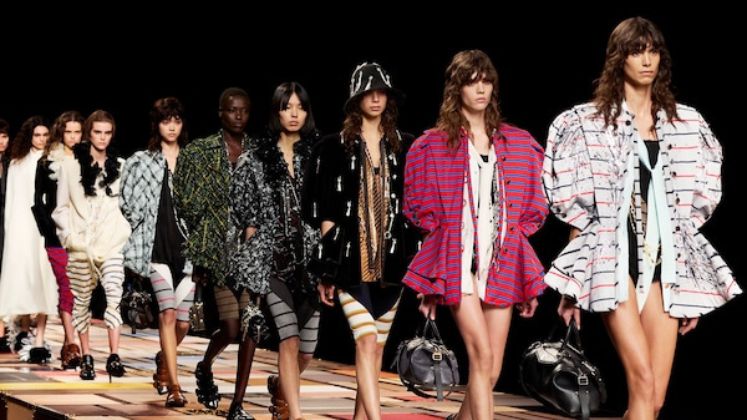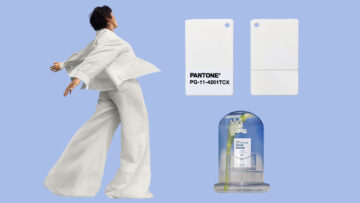
In a bid to soften market expectations, LVMH is subtly indicating that business is still tough in the second quarter, said individuals familiar with the situation who asked not to be named discussing non-public information. Some of these sources indicate the company might not experience any or much improvement over its disappointing first-quarter results.
The warning comes as part of a wider slowdown in the global luxury market, as historically one of the industry’s main growth drivers, China, is also beginning to feel signs of consumer fatigue.
Economic uncertainty and declining interest in high-end spending have taken a heavy toll on the sector, which comprises world giants such as Chanel, Hermès, and Richemont. The sentiment has also deteriorated since new U.S. import tariffs were imposed last month by former U.S. President Donald Trump, heightening concerns about lower consumer expenditure across major markets.
LVMH, which usually informs investors and analysts about its prognosis after earnings releases, reported on 14th April 2025 that revenue in the Asia region, including China, fell 11 per cent organically in the first quarter—a fall that reflects its performance for all of 2024.
Bloomberg data now shows that analysts project second-quarter sales in Asia-Pacific (excluding Japan) to fall another 6.4 per cent. The company’s core fashion and leather goods segment—where it has behemoths Louis Vuitton and Christian Dior—is projected to register a 3.7 per cent decline in revenue. The division continues to be the company’s primary money maker.
China’s contribution to LVMH’s overall sales is considerable, representing a proportion of about 30 per cent, and the U.S. about 24 per cent. The dual pressures from China’s slowdown and US trade tensions have seen LVMH shares decline 22 per cent year-to-date.
Rival companies such as Hermès and Richemont have performed better, having had shares increase over the same period. Kering, which owns Gucci, has, however, had its stock drop 24 per cent.






